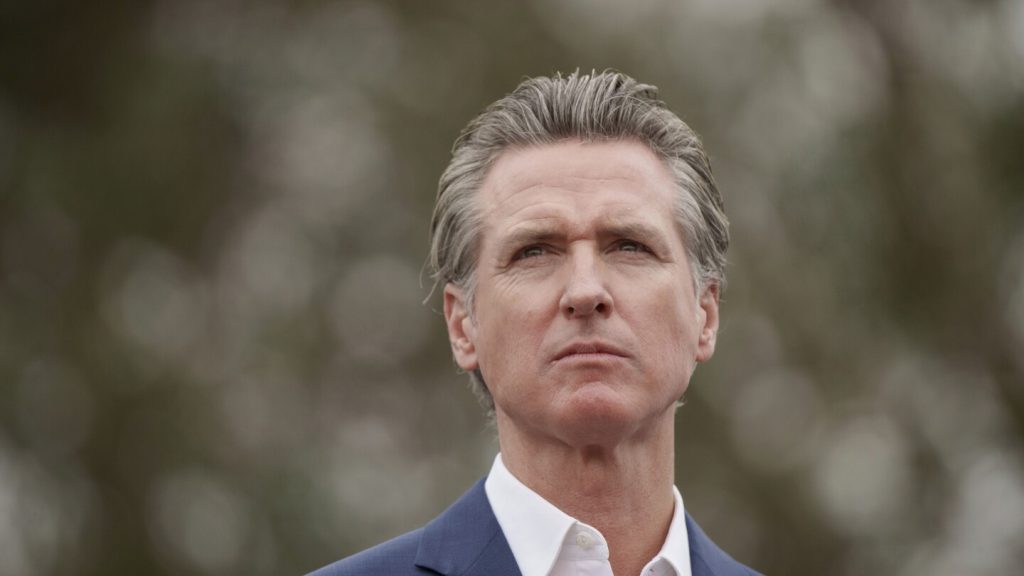California Governor Gavin Newsom vetoed a bill aimed at establishing safety measures for large artificial intelligence models, citing concerns that the proposed regulations could stifle the industry. The bill, supported by Democratic state Senator Scott Wiener, would have required companies to test their AI models and disclose safety protocols to prevent potential risks. Despite the veto, Newsom announced plans to work with industry experts to develop guardrails around powerful AI models, including AI pioneer Fei-Fei Li.
Proponents of the bill, including Elon Musk and Anthropic, argued that the proposed regulations could bring transparency and accountability to the AI industry, which is currently lacking oversight. The bill targeted large-scale AI models that require significant computing power and investment, raising concerns about potential risks such as job loss and misinformation. While some experts believe the US is behind Europe in regulating AI, supporters of the bill saw it as a crucial first step in setting boundaries for the rapidly evolving technology.
Newsom’s decision to veto the bill was seen as a victory for big tech companies and AI developers in California, who had spent the past year lobbying against the proposed regulations. The governor emphasized the importance of protecting California’s status as a global leader in AI and promoting innovation in the industry. Despite the setback, the California safety proposal has inspired lawmakers in other states to consider similar measures, indicating that the issue of AI regulation is not going away.
The debate over AI regulation in California has highlighted the challenges of balancing innovation with safety in the rapidly advancing technology sector. While some critics argued that the bill would harm the tech industry and discourage investment in AI development, supporters saw it as a necessary step to prevent potential risks associated with AI misuse. The failure of this bill underscores the complexity of regulating AI and the ongoing efforts to establish guidelines for responsible AI development.
State lawmakers in California have passed a series of bills this year to regulate AI, fight deepfakes, and protect workers, reflecting growing concerns about the impact of technology on society. Newsom’s veto of the AI safety bill signals a shift towards industry-led approaches to AI governance, raising questions about the role of government in overseeing emerging technologies. Despite the veto, advocates of AI regulation remain committed to advancing policies that address the risks and challenges posed by AI technology.
As California grapples with the complexities of AI regulation, lawmakers in other states are closely watching the developments in the Golden State and considering similar measures to safeguard against potential AI risks. The veto of the bill by Governor Newsom has not deterred advocates of AI regulation, who continue to push for greater oversight and accountability in the AI industry. The evolving landscape of AI governance highlights the need for collaboration between government, industry, and experts to establish effective regulations that strike a balance between innovation and safety.


